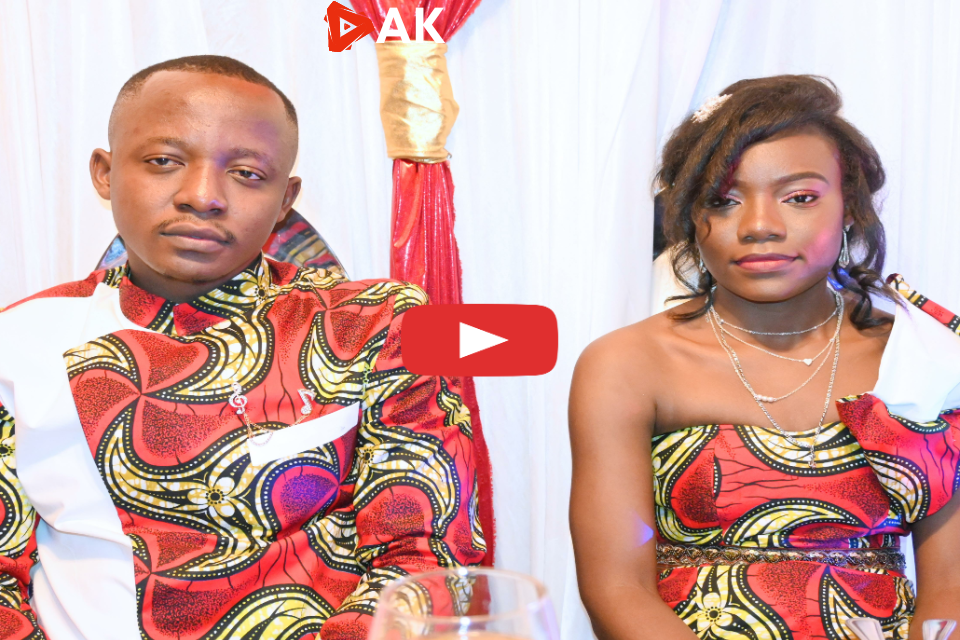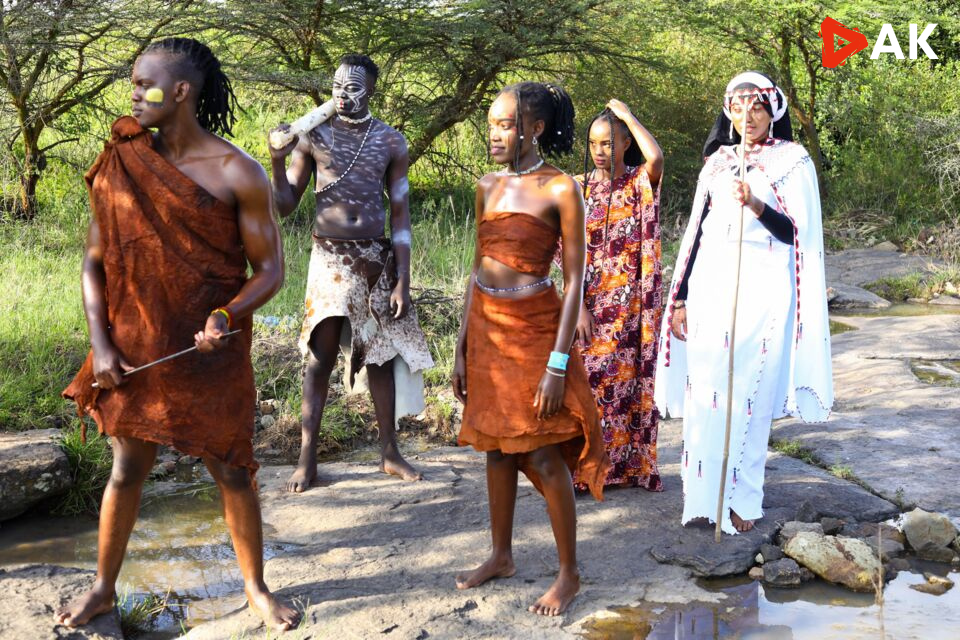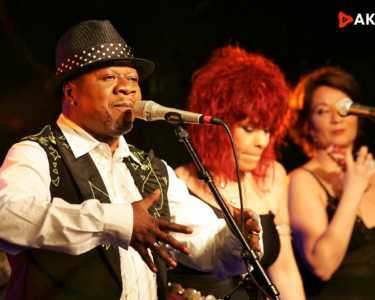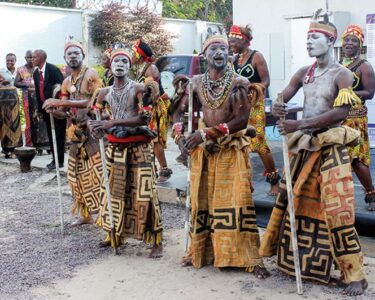Marriage Traditions in Kasai: A Cultural Heritage to Preserve
The Kasai provinces in the Democratic Republic of Congo (DRC) are renowned for their unique marriage traditions, deeply rooted in history and community values. These marriages are more than just a union between two individuals; they represent a communion of families and an affirmation of community bonds. This article aims to explore the different aspects of these traditional marriages while providing an analysis of the challenges posed by modernity and highlighting the beauty and cultural diversity of Kasai.
1. The Traditional Structure of Kasai Marriages
In Kasai culture, marriage is a lengthy and structured process that often begins with a series of formalities between the families of the future spouses. One of the crucial early stages is the dowry, or “lobola,” which represents a form of respect and commitment to the bride’s family. The dowry usually consists of material goods or money, negotiated between the two families. This process, although often long and complex, is essential as it not only seals the union of the couple but also that of their respective families.
The marriage ceremonies themselves are marked by a series of rituals, ranging from family blessings to traditional dances, symbolizing the community’s acceptance of the new union. Each stage is a collective celebration, where the community plays an active role, thereby strengthening social and familial bonds.
2. The Impact of Modernity on Traditions
With the growing influence of modernity and rapid urbanization, marriage traditions in Kasai have begun to evolve. The younger generations, influenced by urban lifestyles and media, tend to adopt more modern practices, sometimes at the expense of ancestral customs. For example, the dowry, once symbolic and modest, sometimes becomes an excessive commercial transaction, placing financial pressure on families.
Moreover, the need to reconcile traditional customs with the demands of modern life leads some couples to opt for civil or religious marriages in the city, often in addition to or instead of traditional ceremonies. This evolution raises the question of preserving traditions in a rapidly changing context.
3. The Beauty and Richness of Kasai Culture
Despite these challenges, marriage traditions in Kasai remain a cornerstone of local culture. They embody deep values such as respect, solidarity, and family honor. The way these traditions endure, despite external pressures, is a testament to the cultural resilience of the Kasai people.
Traditional marriages are also a showcase of the cultural diversity of Kasai, with variations in rituals and customs from one region to another. This diversity enriches not only the local culture but also the overall cultural heritage of Congo, offering a mosaic of practices and beliefs that reflect the complexity and beauty of the DRC.
4. Critical Analysis: The Positive and Negative Aspects
On one hand, marriage traditions in Kasai strengthen community and family bonds by emphasizing solidarity and social interconnectedness. These practices help maintain strong social cohesion, essential in a context where family structures are at the heart of daily life.
However, some aspects of these traditions can be constraining. For example, the dowry, when excessive, can become a financial burden on families, sometimes creating tensions instead of strengthening bonds. Additionally, the insistence on certain traditional practices may sometimes conflict with individual aspirations, particularly among younger generations who seek more freedom in choosing their partners and how to celebrate their union.
5. Conclusion: Preserving an Evolving Culture
The marriage traditions in Kasai, with their richness and complexity, represent an essential part of the cultural heritage of the DRC. Although they face challenges in a changing world, their preservation is crucial for maintaining cultural identity and community bonds. The key may lie in balancing respect for traditions with adaptation to modern realities, allowing these ancestral practices to continue enriching Congolese culture for future generations.
By celebrating the cultural diversity of Kasai, we not only recognize the beauty of these traditions but also their importance in strengthening the national identity of Congo. It is this diversity that makes the DRC rich, and it deserves to be protected and valued at every opportunity.
By AnalysonKongo




